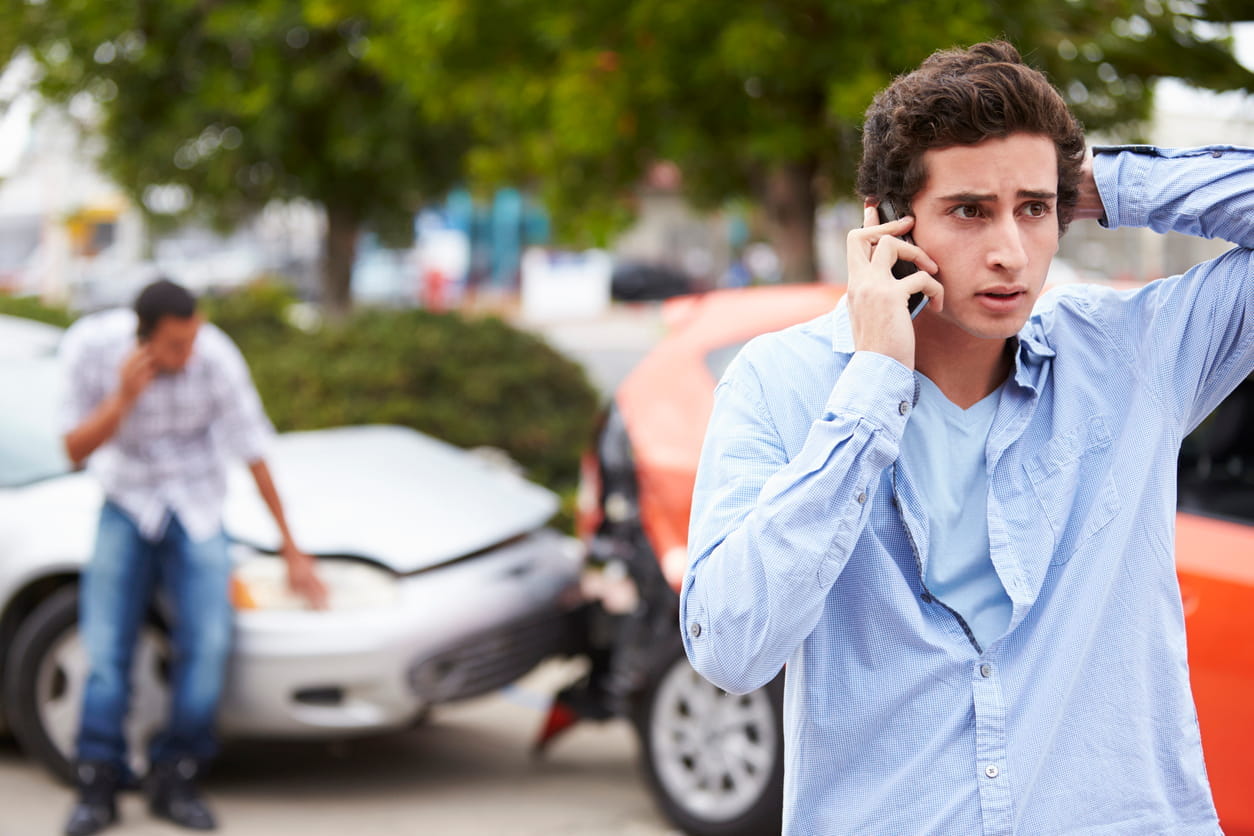Understanding Slip-and-Fall Laws in Florida: Everything You Need to Know
July 29, 2021
Slip-and-fall accidents are a common occurrence. According to the National Floor Safety Institute, there are over 1 million emergency room visits due to slips and falls.
One of the states notorious for these types of accidents is Florida. A person normally becomes a victim of a slip-and-fall accident when there is an unexpected decrease in floor traction due to wetness such as water or oil; a sudden change in floor incline such as uneven stair treads; the presence of ice on the ground, and loose debris on the floors.
It’s crucial to understand the Florida slip and fall statute, so you’re prepared in unforeseen circumstances. For example, if you’ve been injured in a slip-and-fall accident or if someone close to you was injured, there’s no time like the present to seek legal counsel.
Here’s what you need to know:
Table of Contents
Florida’s Slip-and-Fall Laws
Florida has two laws that define liability for slip-and-fall accidents. According to Florida’s premises liability law, a property owner is liable if they were negligent in keeping their property free of hazards and conditions that can cause slips and falls. Negligence doesn’t have to be intentional so long as it occurs when the person responsible should’ve been aware of the risk to others.
The other law is the slip-and-fall statute, which focuses more on public areas such as sidewalks, parking lots, and streets. The statute states that if a property owner fails to maintain the premises in a reasonably safe condition, they will be deemed at fault for any injuries caused by those unsafe conditions.
However, the slip-and-fall statute does not apply to privately-owned parking lots. Unfortunately, even though laws affect liability for these accidents in public areas, many people still get injured each year.
Injuries and Damages Caused By Slip-And-Fall Accidents
Slip-and-fall accidents can cause serious injuries and costly damages to the person who was injured, such as:
- Broken bones
- Back pain
- Head or brain injury
- Burns from hot surfaces such as a fire pit
In Florida, there are two types of recovery methods that can be used depending on whether you were on public or private property:
Pain and suffering – in public areas, the injured person can sue for damages such as pain and mental anguish. In private property, damages are limited to medical bills, lost wages, and other expenses.
Property damage – in public areas like sidewalks and streets, the injured person can only recover costs associated with breaking or cracking damaged items during the fall.
Proving Liability In A Slip-and-Fall Accident Case

The burden of proof is on the injured person in slip-and-fall accident cases. The plaintiff (injured victim) must show that the floor was not slippery or dangerous because of its condition and that the property owner knew about it but failed to warn others before the accident.
Furthermore, if you’re a business owner, you need to be extra careful when maintaining your business premises because, in Florida, the law is very strict about these accidents.
For example, under Florida’s slip-and-fall statute, you must:
- Maintain areas of high foot traffic such as sidewalks and parking lots;
- Install clearly visible warnings on or near steps that aren’t even or level;
- Fix conditions that cause potentially dangerous situations such as cracks in a sidewalk, wet floor, etc.
However, there are situations when a property owner has no liability for slip-and-fall accidents. For instance:
- The victim was very aware of the condition;
- The hazard was obvious and unavoidable;
- It’s proven that the victim contributed to their own injury by being careless.
When to Seek Legal Counsel after a Slip-and-Fall Injury
A Florida personal injury attorney can help make sure that your claim is handled properly. As a result, you get the compensation you deserve for your injuries or any other damages you’ve suffered because of the accident.
You must file a slip-and-fall accident claim within two years after the day of the injury. In addition, it’s critical to get as much evidence as you can because, if done properly, this evidence can help support your case when you’re trying to prove liability.
Lastly, if any witnesses were present at the time of the accident, you should try getting their contact information so they can provide testimony if necessary.
Final Thoughts
Understanding slip-and-fall laws in Florida will help you determine whether the property owner’s negligence contributed to your injuries.
If you’ve been injured in a slip-and-fall accident, don’t hesitate to speak with an attorney. Your case will be handled properly throughout the claims process so that you can focus on getting better instead of worrying about paying off your medical bills or making up for lost income.











